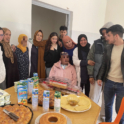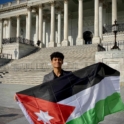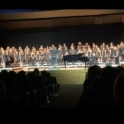Maryame has taken the lessons learned from her exchange year to make a difference in her community.
STORIES
YES Alumna Connects the Deaf and Hearing Worlds
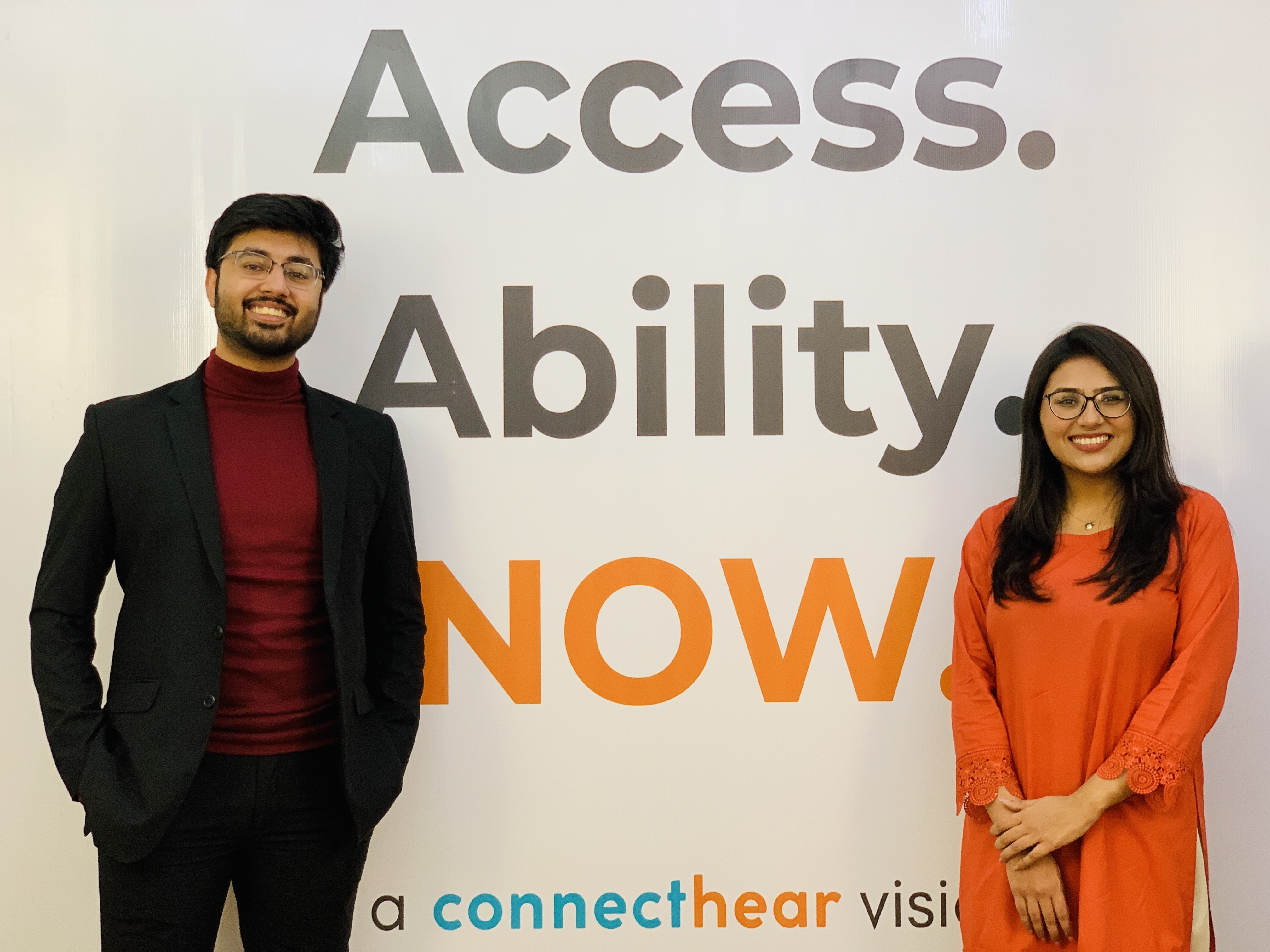
By Azima Dhanjee (YES 2013-2014, Pakistan, placed by ACES in Royal, AR)
Earlier this year, I was elected as one of the 33 members of the National Youth Council of Pakistan under the Kamyab Jawan Program, an initiative of the Pakistani Prime Minister Imrah Khan. In my role, I plan to focus on increasing accessibility for the Deaf and developing a culture of social entrepreneurship in my country.
In addition, I have also been selected as one of two members as National Youth Delegate to the Commonwealth Youth Council, which consists of delegates from all of the countries in the Commonwealth. I am honored to represent Pakistan in the Commonwealth Youth Council and I plan to foster entrepreneurship and create partnerships with other Commonwealth countries to generate opportunities for youth. I believe in the ripple effect and getting young people to start early.
In all of my work, I am interested in guaranteeing the inclusion of minorities, and I have especially focused on people with hearing loss. As the co-founder and CEO of ConnectHear, a social start-up that works for sign language accessibility and deaf-inclusion in Pakistan, I will ensure that, in my council work, resources are accessible and meetings will include sign language interpretation. Our ConnectHear team has been teaching people to become interpreters and training people in Pakistani sign language. We have trained over 800 people in Pakistan and in six other countries as well. I will continue to guarantee that persons with disabilities have the opportunity to participate in Pakistani society.
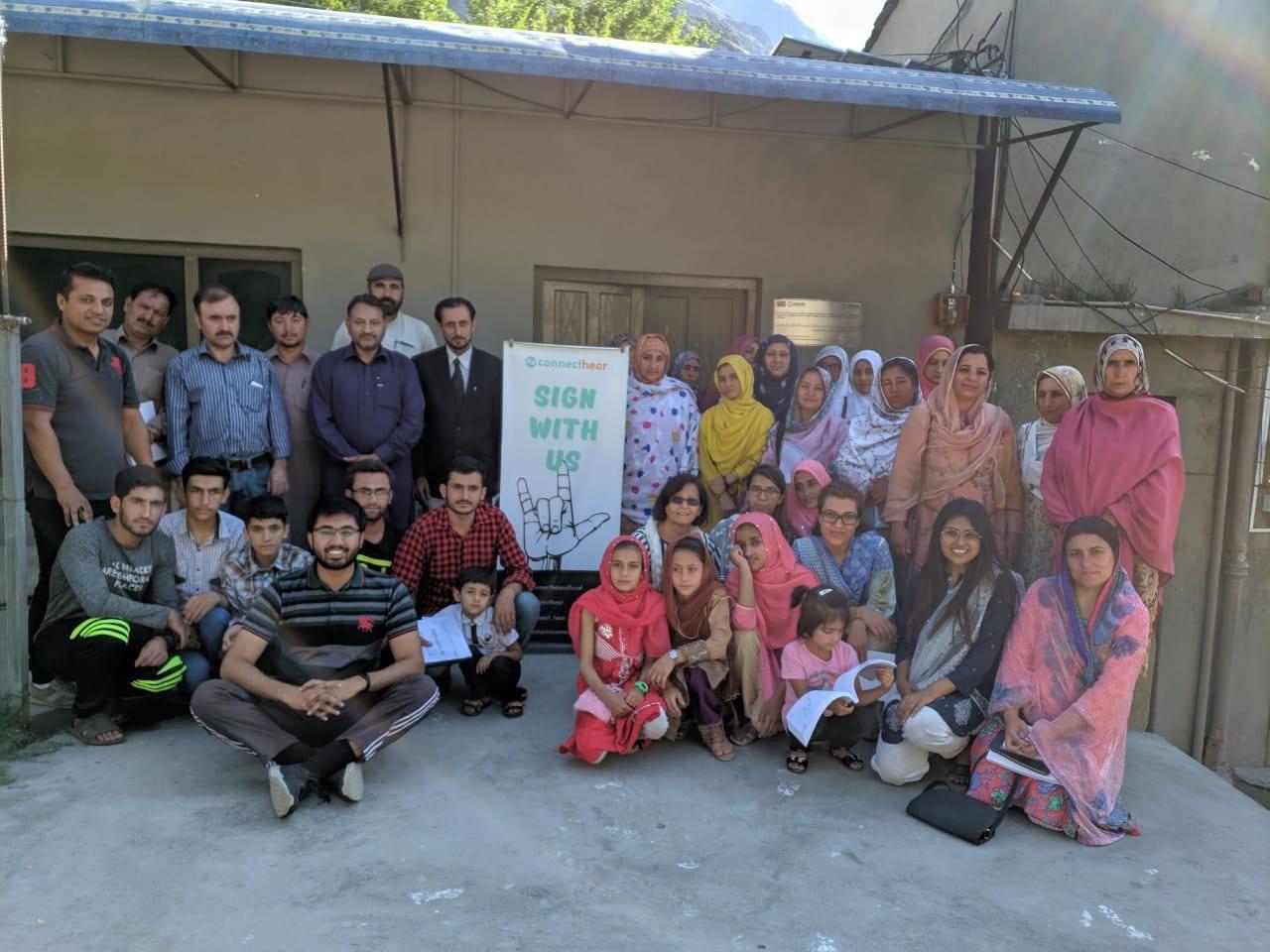
I am very excited to share that ConnectHear is now focusing on two new things. Firstly, we are working on providing virtual sign language interpretation services. If a Deaf person in Pakistan or abroad needs to be connected to an interpreter virtually, they are able to do so with the touch of a button on the ConnectHear app. We want to take the app not only to Deaf people, but also to businesses that have Deaf customers or want to attract Deaf customers. Secondly, we have created the first-ever Pakistani Deaf-inclusive channel on YouTube. Our channel has been producing videos on a regular basis, and we provide not only news but also entertainment and COVID-19 updates. We want this to become a mainstream channel, with not only sign language but also voice-over and closed captioning. Our goal is to make it accessible for all.
Our work started with the simple project of teaching sign language on Facebook and providing interpretation. Then, ConnectHear grew, and we started to do larger projects, such as the first ever Deaf-inclusive concert for Deaf people in Pakistan, which was attended by more than 300 people from all age groups. The concert was also covered by Forbes. ConnectHear stands as the first movers to make sign language interpretation more prevalent in Pakistan and to work towards integrating the Deaf community in our society.
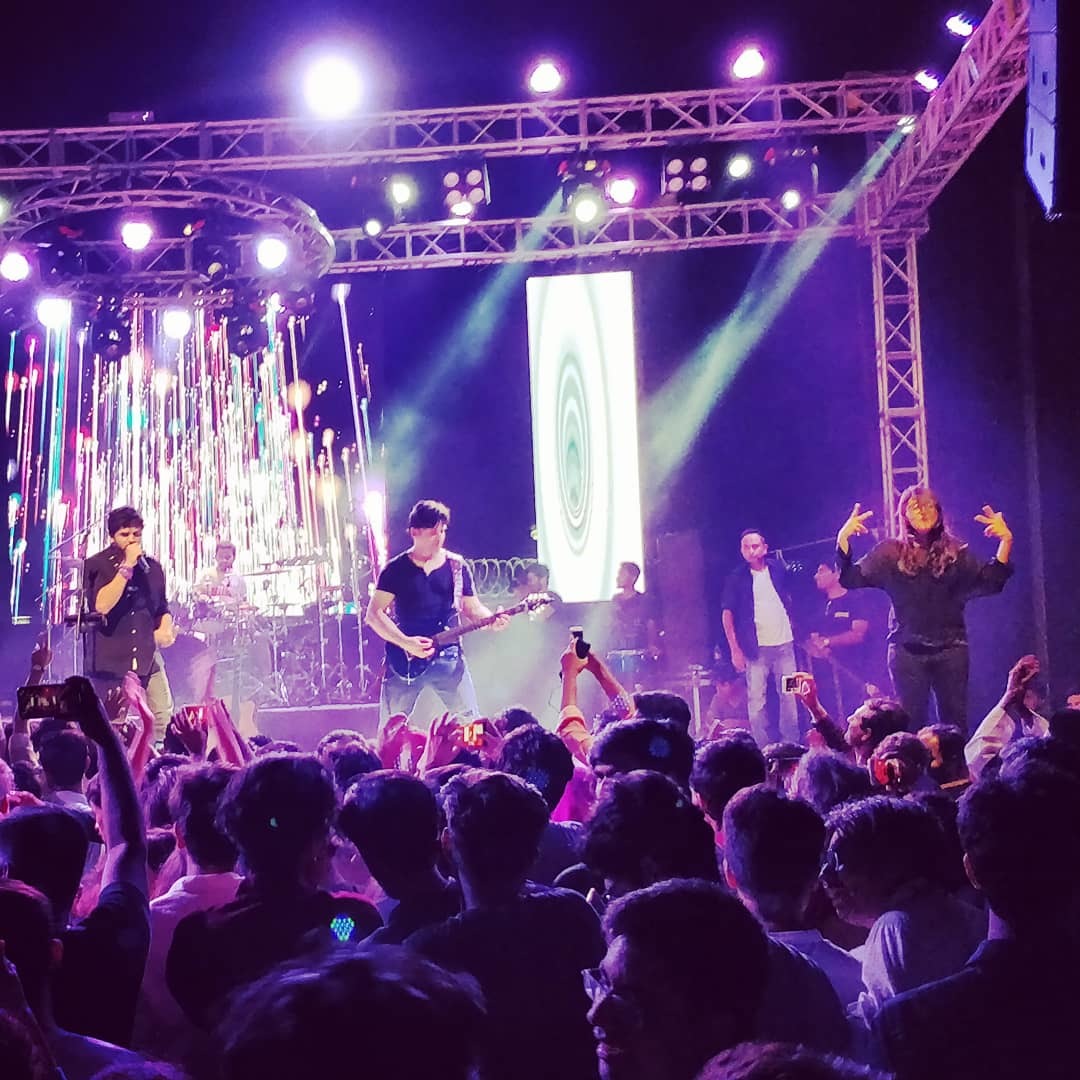
The reason that I am so passionate about sign language and accessibility for Deaf persons goes back to my family history. I was raised by Deaf parents and sign language is my mother tongue. Growing up, I was always concerned about how society treated people with hearing loss. My parents were dependent on me for simple communication, such as making phone calls or scheduling medical appointments. If my brother and I weren't available, our parents were left to wait for us. This obstacle made them dependent on others, despite them being independent, educated individuals. Society doesn't know that Deaf people can do so much. As someone who lived between the Deaf and hearing worlds, I kept waiting for someone to connect these two worlds. When no one did it, I had to do something about it!
My first ever project, even before I went to the U.S. on the YES program, was a career training program for the Deaf community that was supported by the YES community. When I went on the YES program, two Deaf students from Pakistan were part of my cohort. During Pre-Departure Orientation, I served as the sign language interpreter for them, which was my first experience as an interpreter in a professional setting. Upon my return, I connected with the YES program for the selection of any Pakistani Deaf or hard-of-hearing candidates. I help interview, select, and prepare them to go to the U.S.
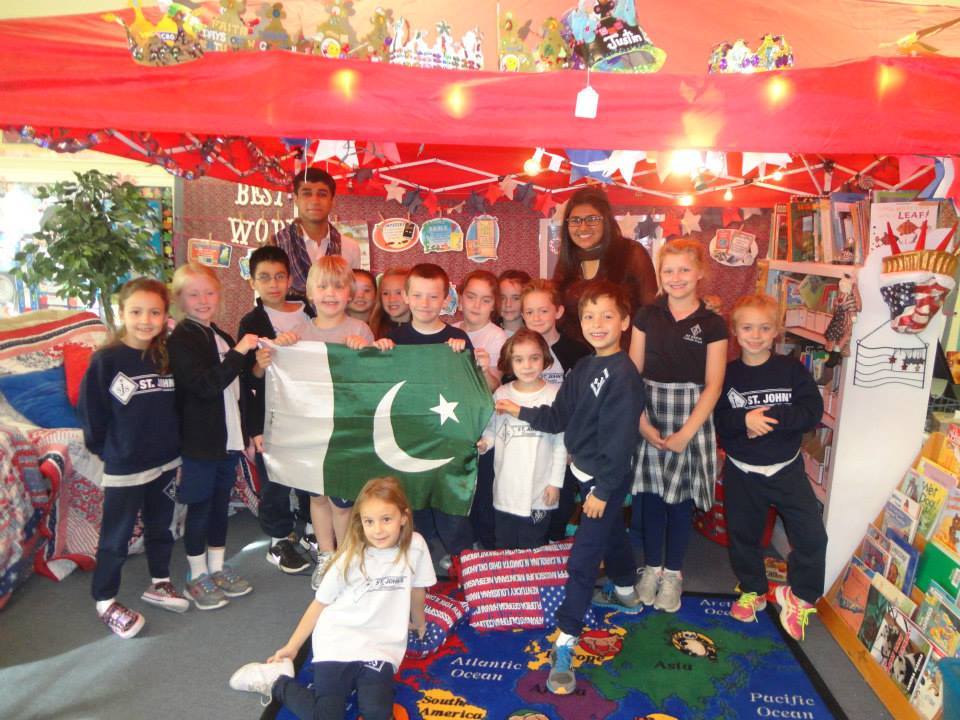
I have always felt so supported by my YES family. The first interpreter training program that we did was funded by the YES program. It was a community-based project that went on for four months and the YES program made it possible. In later projects, we always had the support of the YES team in Pakistan, fellow YES alumni, and the YES program, including help with resources, logistics, and training. YES alumni often come to support our events as volunteers, too. Having the support of the YES community is like having a family that helps make our dreams and projects come true!


